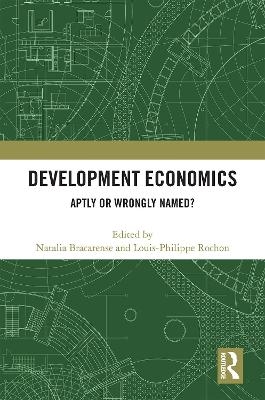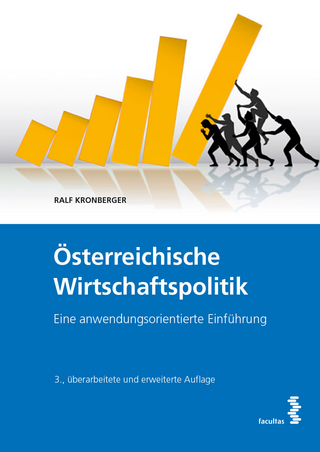
Development Economics
Routledge (Verlag)
978-1-032-21211-1 (ISBN)
Faced with this scenario, why do economists insist on the ideas of development, convergence, and emulation of the lifestyle of western countries? Is it possible to disassociate development from multidimensional instability, dependency, subordination, and exploitation? Is the current social, political, ecological, and economic organized destabilization observed in the western countries a model to follow, a desirable end of history? These questions raised earlier by some fellow economists, have become ever more pressing in the present context of generalized instability. The book questions how ethical and professionally responsible it is for economists to continue to undiscerningly prescribe miraculous one-size-fits-all market-oriented models to solve socio-economic problems everywhere. The contributors of this edited volume invite the readers to consider these questions and further similar inquiries in the future.
The chapters in this book were originally published as a special issue of the journal Review of Political Economy.
Natalia Bracarense is Associate Professor of Economics at North Central College, Naperville, USA, and an ATER at SciencesPo Toulouse, France. Specialised in International Political Economy and History of Economic Thought, Dr. Bracarense analyses the historical unfolding of development policies implemented in several countries to inform economic theory towards a framework that views economic transformation as a non-linear and non-teleological process. Louis-Philippe Rochon is Full Professor of Economics at Laurentian University, Canada. He is the Editor-in-Chief of the Review of Political Economy and the founding Editor (now Emeritus) of the Review of Keynesian Economics. He has published over 150 book and journal articles and written or edited over 30 books.
The Aptly or Wrongly Named Development Economics: An Introduction to New Perspectives and Models 1. Underdevelopment and Dependence: The Fundamental Connections 2. The Myth of Economic Development and the Future of the Third World 3. Celso Furtado and the Myth of Economic Development: Rethinking Development from Exile 4. Growth, Distribution, and External Constraints: A Post-Kaleckian Model Applied to Brazil 5. The Limitations of International Relations Regarding MNCs and the Digital Economy: Evidence from Brazil 6. Keynes on State and Economic Development 7. Capital Flows to Latin America (2003–17): A Critical Survey from Prebisch’s Business Cycle Theory 8. Institutions and Development From a Historical Perspective: the Case of the Brazilian Development Bank 9. Institutional Change in Nepal: Liberalization, Maoist Movement, Rise of Political Consciousness and Constitutional Change
| Erscheinungsdatum | 31.01.2024 |
|---|---|
| Verlagsort | London |
| Sprache | englisch |
| Maße | 174 x 246 mm |
| Gewicht | 453 g |
| Themenwelt | Wirtschaft ► Volkswirtschaftslehre ► Wirtschaftspolitik |
| ISBN-10 | 1-032-21211-X / 103221211X |
| ISBN-13 | 978-1-032-21211-1 / 9781032212111 |
| Zustand | Neuware |
| Informationen gemäß Produktsicherheitsverordnung (GPSR) | |
| Haben Sie eine Frage zum Produkt? |
aus dem Bereich


